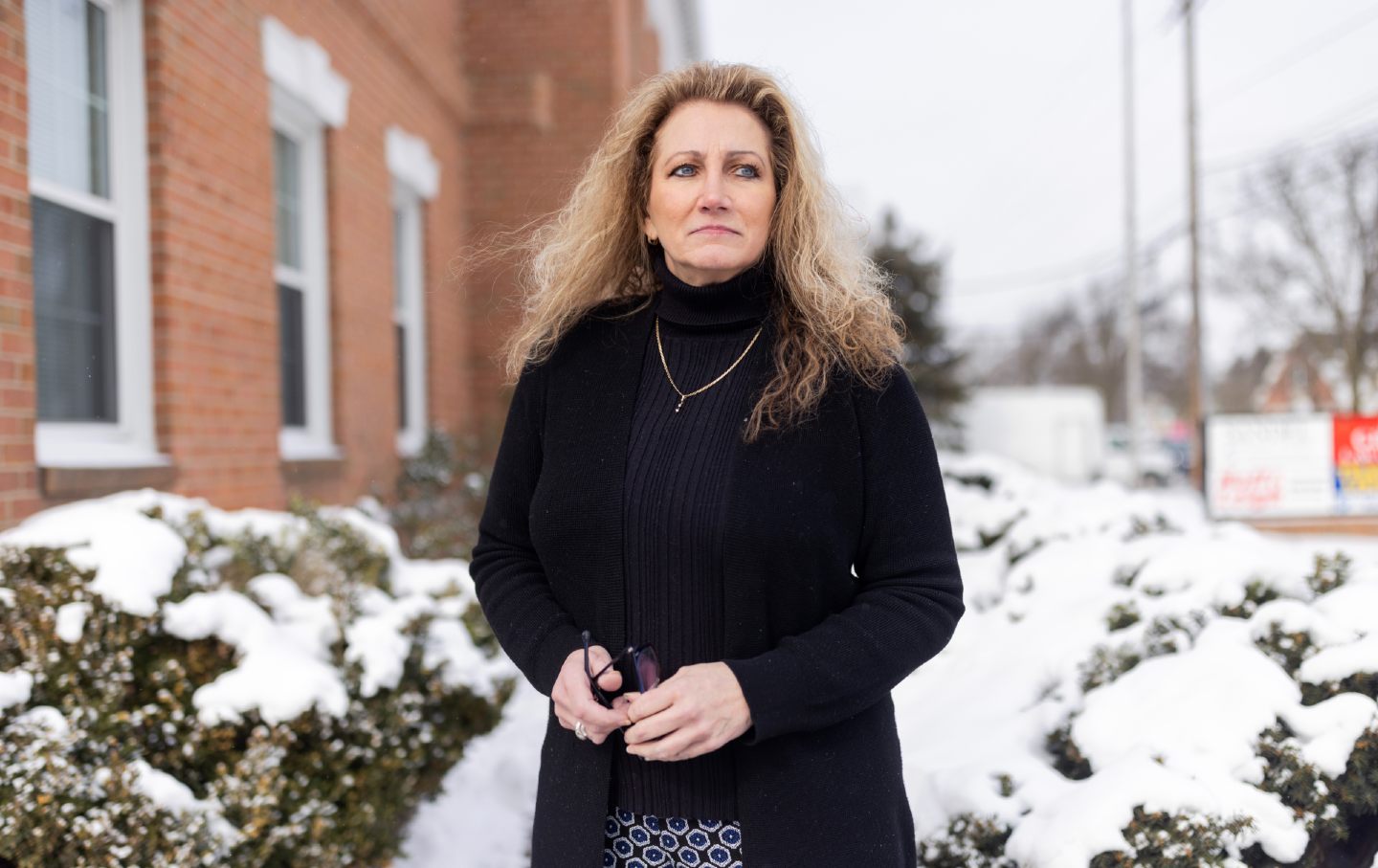
"The Supreme Court’s ruling allows claims of reverse discrimination, impacting the ability of employers to hire based on diversity without fear of legal repercussions."
"Justice Ketanji Brown Jackson’s opinion emphasizes the legal right to sue for discrimination for anyone, yet the implications of this ruling evoke unease."
The Supreme Court's recent ruling in Ames v. Ohio Department of Youth Services has sparked significant debate regarding reverse discrimination. The case involved Marlean Ames, a straight white woman who sued after being passed over for a promotion in favor of a gay male counterpart. Despite being perceived as a correct legal decision, the ruling raises concerns about potential abuse of discrimination laws by members of majority groups. This dynamic could complicate hiring practices, as employers may now navigate increased scrutiny from a broader interpretation of discrimination under Title VII of the Civil Rights Act.
Read at The Nation
Unable to calculate read time
Collection
[
|
...
]